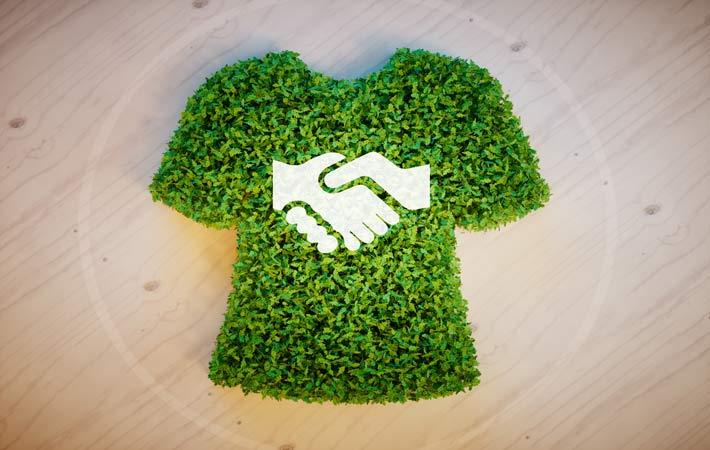
"At Timberland, our philosophy to be earthkeepers drives everything we do, which means as our business continues to grow, we strive to find efficiencies and new innovations to meet our sustainability goals," said Colleen Vien, director of sustainability for Timberland. "While we made several positive steps toward our 2020 goals in the last year, there are a few challenges that Timberland - and the industry more broadly - needs to focus on to find solutions to overcome."
The company has set a new goal to have 100 per cent of its apparel cotton from organic, US-origin or Better Cotton Initiative-certified sources by 2020. In 2016, the company had reached 58 per cent. To support this effort, Timberland is also exploring a pilot programme in Haiti with the potential to include smallholder farmer-grown cotton from Haiti in its future supply chain.
The company continues to seek a PVC-free material substitute that meets stringent performance expectations for its Timberland PRO line, and to review materials and manufacturing equipment updates to reach its 2020 goal of 100 per cent PVC-free footwear, according to the report.
Timberland’s commitment to protect and enhance the outdoors includes a focus on urban greening in key regions including the United States and Europe, engaging consumers in an effort to create and restore urban green spaces. With a longstanding heritage in employee volunteerism, Timberland remains focused on creating more opportunities and projects to engage employees to reach its goal of 80 percent by 2020, the report stated. (RR)
Fibre2Fashion News Desk – India